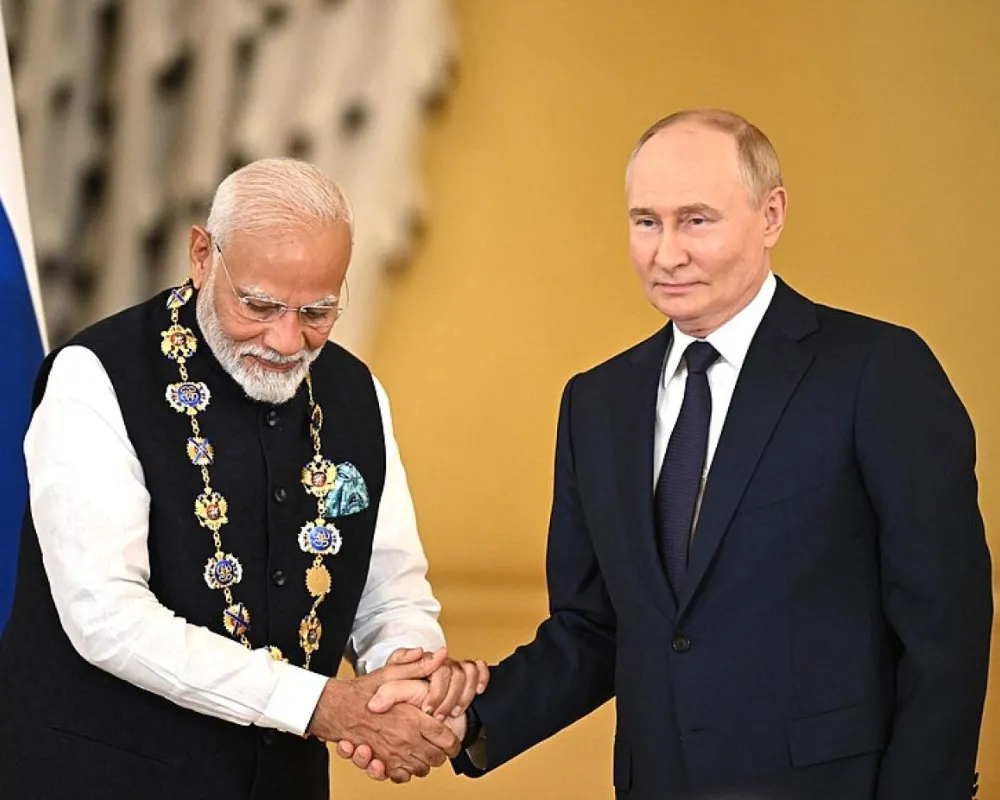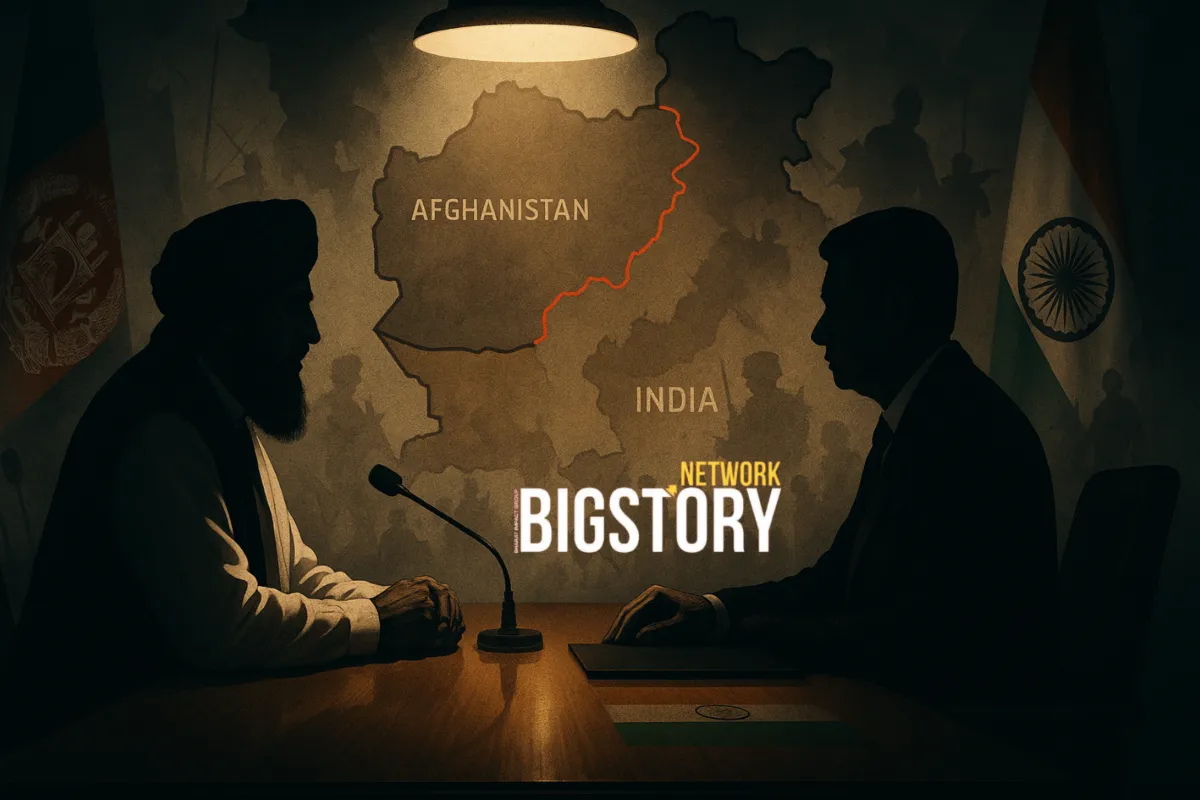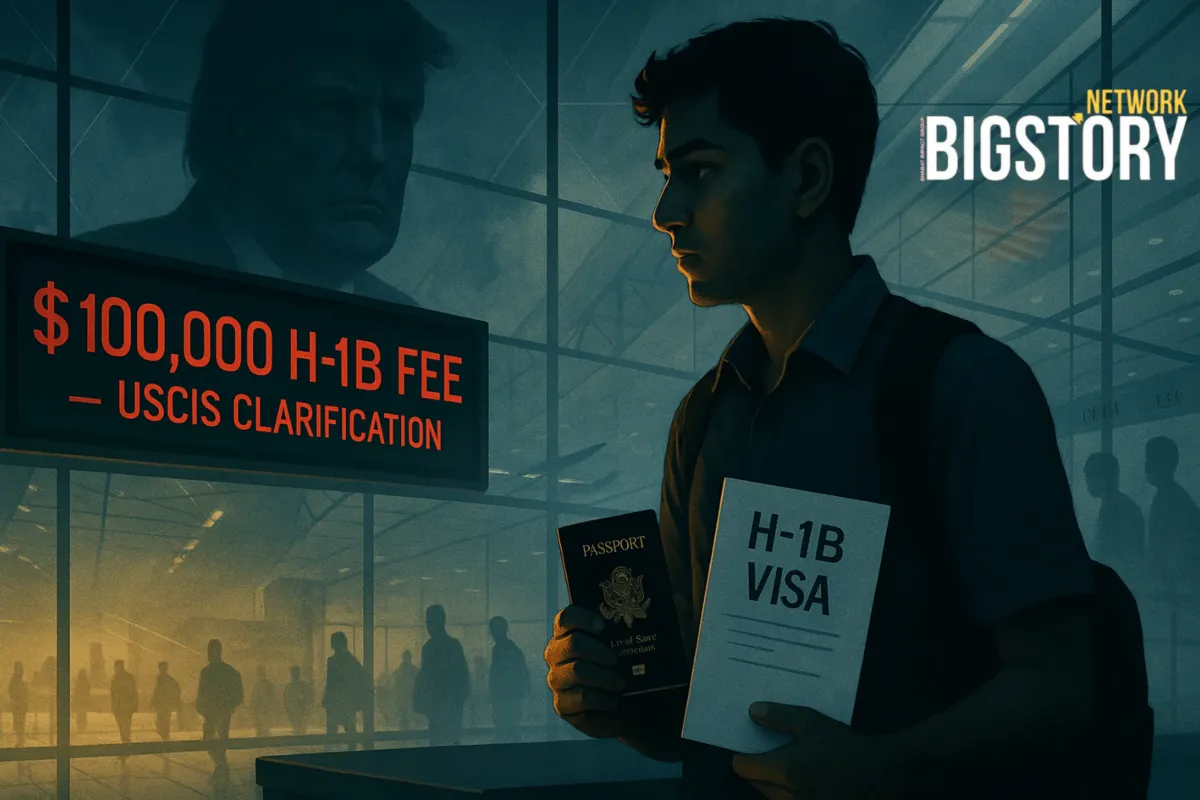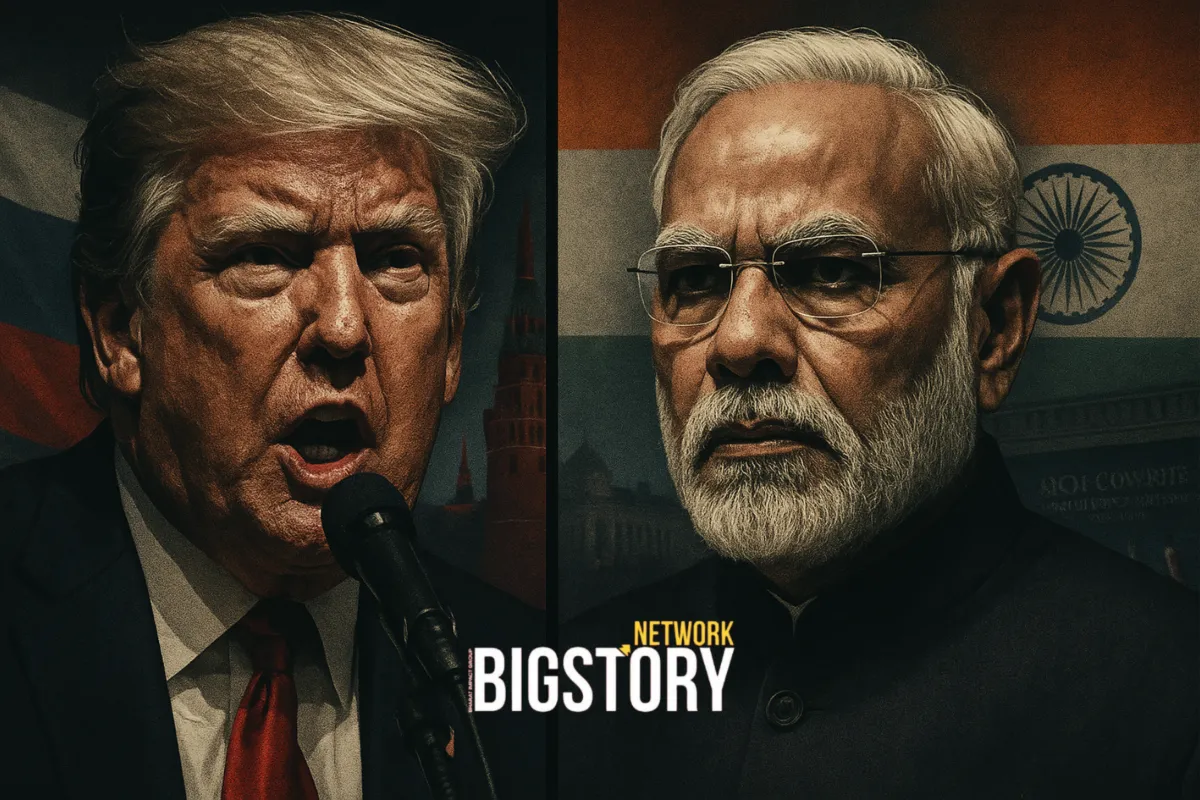In a geopolitical landscape increasingly defined by shifting alliances and economic pressure, Russia has firmly come out in defense of India's right to choose its trade partners, a move that has significant implications for global diplomacy. The Kremlin's statement comes in the wake of renewed threats from President Donald Trump to impose "substantially" higher tariffs on Indian goods, citing New Delhi's continued trade ties with Moscow. This incident has brought into sharp focus the complex dynamics of international relations, where economic interests, national security, and sovereign decision-making are intertwined.
The recent controversy was ignited by a series of statements from Donald Trump, who criticized India for its purchases of discounted Russian oil and a continued reliance on Russian military equipment. Trump accused India of "buying massive amounts of Russian oil and selling it on the Open Market for big profits" and threatened to penalize New Delhi with a new round of tariffs. He also referenced India's historically high tariffs on US goods as a point of contention. This aggressive stance from a major global power, a key partner of India, has presented a significant challenge to India's foreign policy of strategic autonomy.
In a swift and pointed response, Kremlin spokesman Dmitry Peskov articulated Russia's position, stating that "sovereign countries must have and do have the right to choose their trade partners... and independently determine those modes of trade and economic cooperation that suit the interests of a country in question." This statement was echoed by Russian Foreign Ministry spokesperson Maria Zakharova, who further accused the U.S. administration of continuing a "neocolonial policy" to maintain its global hegemony by using economic pressure against nations that do not align with its policies. This show of solidarity from Moscow is a powerful endorsement of India's stance and its right to make decisions based on its national interest.
India, for its part, mounted an equally sharp counterattack. The Ministry of External Affairs (MEA) released a statement rejecting the criticism as "unjustified and unreasonable." India's response was a masterclass in diplomatic messaging, highlighting the double standards of its critics. The MEA pointed out that the U.S. and the European Union, while criticizing India, continue to maintain significant trade relations with Russia. The statement highlighted that both the U.S. and the EU import critical commodities from Russia, such as uranium for nuclear industries and palladium for electric vehicles, and that for them, this trade is not a "vital national compulsion" in the same way it is for India, a developing nation with immense energy needs. India's reliance on discounted Russian crude oil is a strategic necessity to ensure affordable and stable energy costs for its consumers and to maintain its economic growth trajectory.
The economic data underpinning this debate is telling. Bilateral trade between India and Russia has surged to a record high of USD 68.7 billion in the fiscal year 2024-25. This increase is heavily skewed towards India's imports, with Russian oil, fertilizers, and other raw materials forming the bulk of the trade. This trade relationship has proven to be mutually beneficial, offering Russia a crucial market amid Western sanctions and providing India with a reliable and cost-effective source of energy.
Beyond the immediate trade dispute, this incident underscores India's broader foreign policy goal of forging a multipolar world order. New Delhi's refusal to succumb to external pressure is a declaration that it will not mortgage its foreign policy to the dictates of a single country, no matter how powerful. India's actions demonstrate a commitment to asserting its own voice on the global stage and building a more balanced international system where emerging powers have a greater say. The country's diplomatic maneuvering, which involves maintaining strategic partnerships with countries like the U.S. while simultaneously deepening ties with Russia, is a delicate and deliberate act of balancing.
This episode is not just about oil or tariffs; it is a test of will and a reflection of a fundamental shift in global power dynamics. India's steadfast position, bolstered by Russia's diplomatic support, signals a growing confidence in its ability to chart an independent course in international relations. The long-standing India-Russia relationship, a legacy of the Cold War, continues to evolve in a way that serves both nations' contemporary interests, providing a bulwark against what they view as coercive diplomacy. As the world moves towards a more fragmented and complex geopolitical landscape, India's actions in this episode are likely to be seen as a template for other nations seeking to protect their sovereign interests and economic security in an era of great power competition.







Leave a Reply